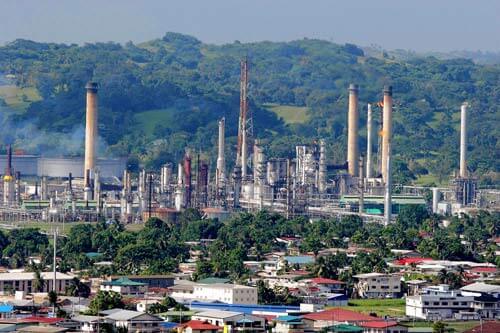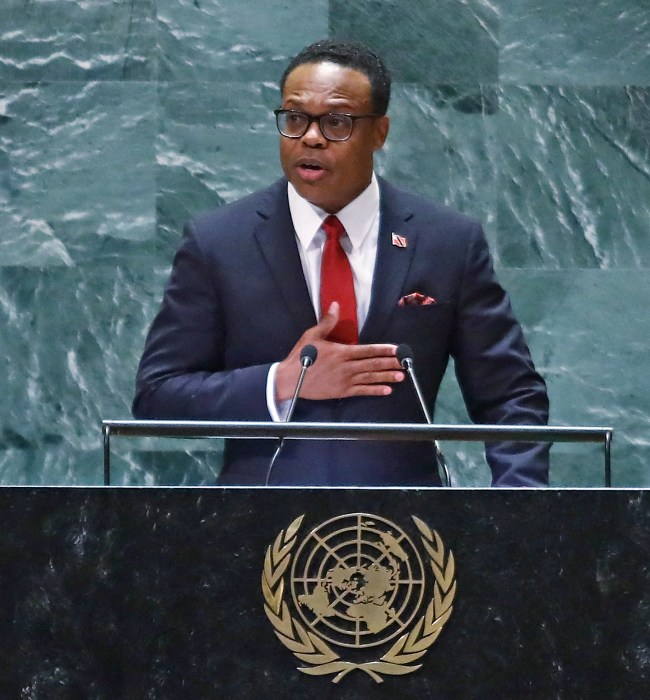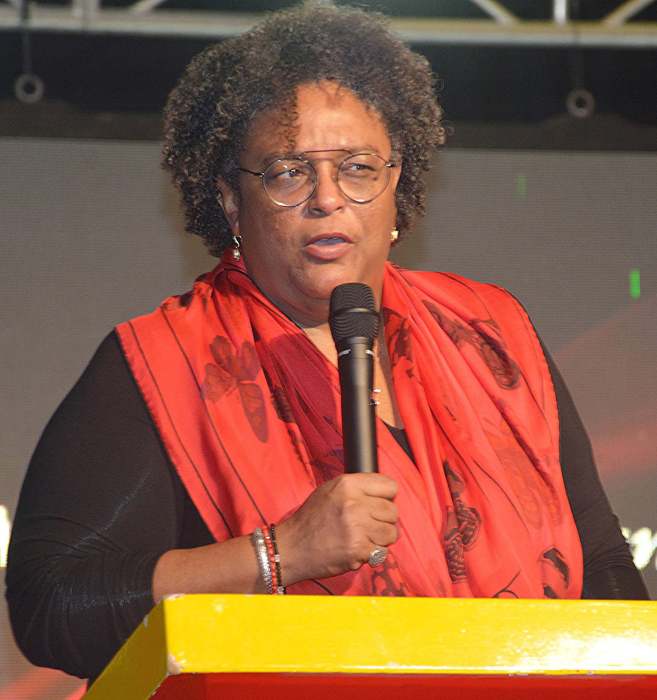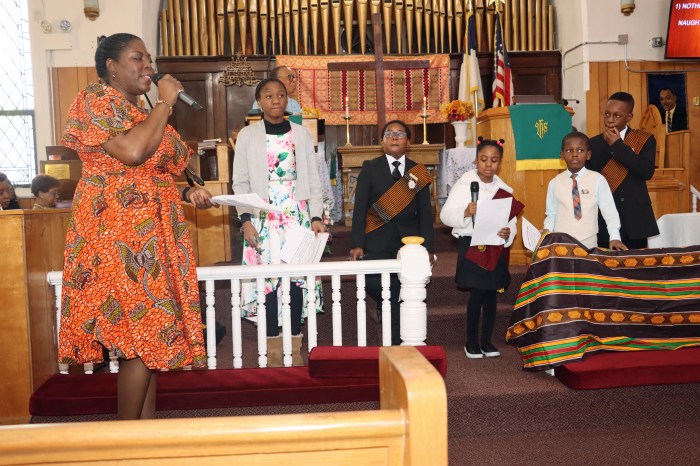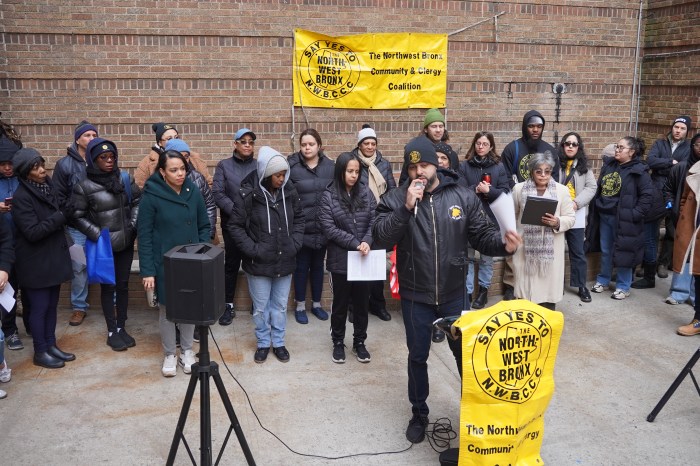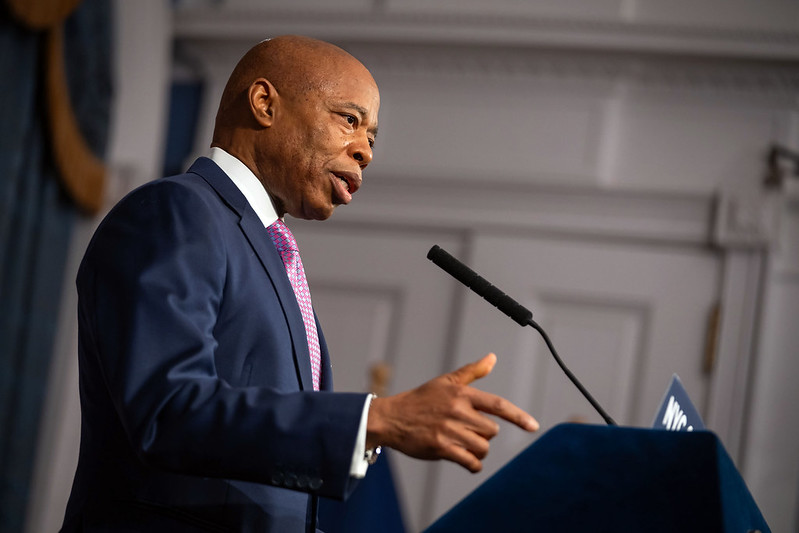Dr. Neil Parsan, ambassador of the Republic of Trinidad & Tobago to the United States of America, praised Trinidad and Tobago’s petrochemical industry for its resilience and diversity in the face of many challenges over the past few decades.
In delivering the keynote address to government officials, industry leaders and business associates at the WADE Energy Conference in Puerto Rico, Ambassador Parsan emphasized that Trinidad & Tobago is a significant player in the international energy market with a portfolio that includes 10 ammonia plants, seven methanol plants and four Liquefied Natural Gas (LNG) trains. He mentioned further that Trinidad and Tobago is the world’s number one exporter and third largest producer of methanol, and the among the largest producer of LNG worldwide.
Ambassador Parsan also stated that the government’s policy on the natural gas industry is to continue to diversify the sector so that a broad range of commercial activities are developed. This strategy is intended to ensure the sustainability of the natural gas sector well into the future. He highlighted the Di-Methyl-Ether (DME) Plant in Trinidad & Tobago through a partnership with Mitsubishi and Neal and Massy, a metals processing plant and an integrated downstream methanol and melamine petrochemical complex as examples of the types of projects that are being pursued in the country. A LNG project with Gasfin Development SA is also being developed with a proposed capacity of 500,000 tonnes per annum. Given the intended size, the facility would fall within the mid-scale LNG project category and is intended to provide natural gas to Caribbean markets.
He touched on the energy challenges facing the Caribbean region and suggested a three-pronged solution of renewables, LNG and increased energy efficiency. “Innovative funding mechanisms need to be conceptualized” said Dr. Parsan.
On the margins of the Conference, Ambassador Parsan met with the Deputy Secretary of State of Puerto Rico, Javier Gonzáles accompanied by senior staff, to discuss opportunities to enhance trade and business links, education exchanges and language training between Trinidad and Tobago, the Caribbean and Puerto Rico. Mention was made of the need for greater collaboration in the protection of the Caribbean rum market and particular attention was paid to the Puerto Rico Electric Power Authority (PREPA) which is currently undergoing a transition from oil to natural gas. The Puerto Rican officials expressed its interest in exploring natural gas from Trinidad and Tobago as an option for PREPA.
In attendance was the Honourable Eduardo Bhatia, president of the Senate of Puerto Rico and Congressman Pedro Pierluisi, Puerto Rico’s Resident Commissioner in Washington, who both delivered remarks at the conference.
WADE is a non-profit research and advocacy organization that was established in 1997 to accelerate the worldwide deployment of decentralized energy systems. The conference highlighted, inter alia, opportunities in Puerto Rico and the Caribbean Basin, the changing regulatory landscape for the energy sector and the natural gas supply outlook. Puerto Rico imports all of its LNG and petroleum and the cost of imported petroleum has driven electricity prices to more than twice the U.S. average. It is hoped that recent legislation will result in an increase in the use of renewables for electricity generation.


